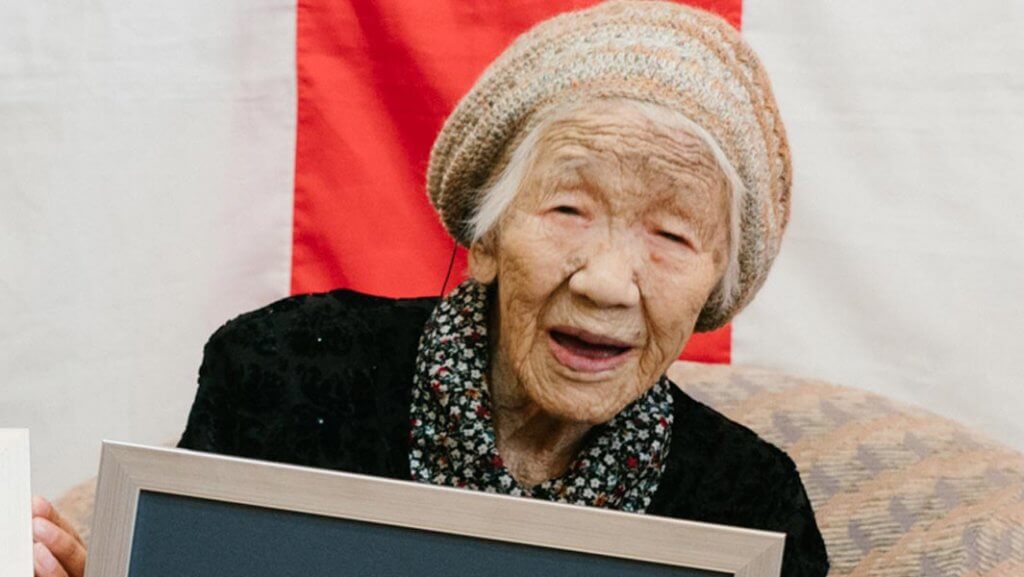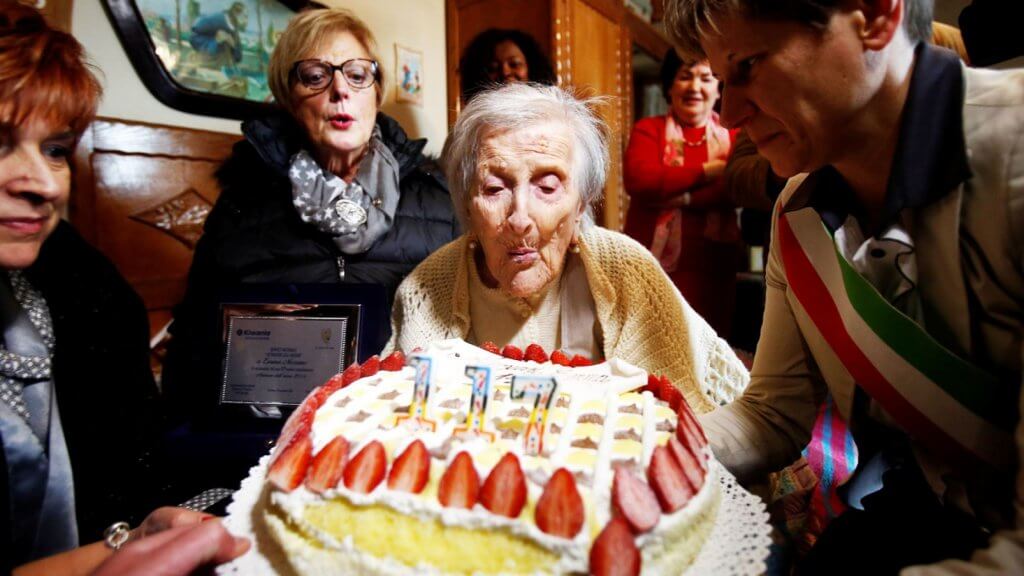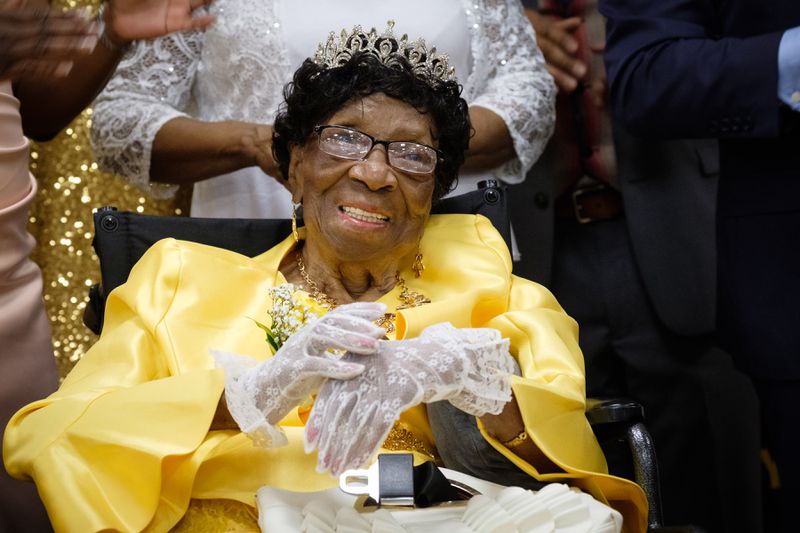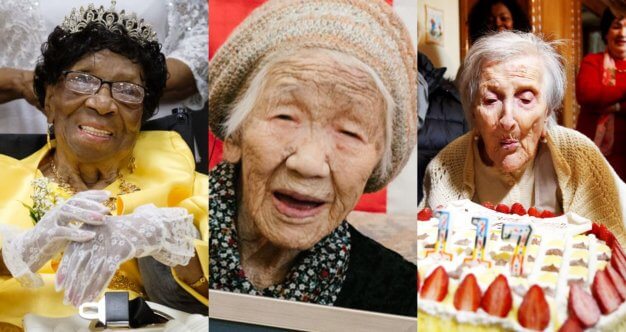"Supercentenarians,” that is, people who live to be 110 or older, are a population irresistible to certain researchers, especially as they’re likely to have escaped the high odds of getting cancer, and remain physically and mentally sharp.
Now, a new study suggests that many of these supercentenarians just might have immune systems good at fighting cancer.
Read MoreWith more soldiers in their armies, so to speak, these supercentenarians could be at an advantage when it comes to fighting off bad-acting cancer cells.

RELATED: Fighting Cancer With the Body's Own Cells: The Immunotherapy Revolution
Why Are T Cells Important in Fighting Cancer?
A whole field of research has been devoted to understanding how to get people's immune systems to do what the supercentenarians' immune systems may be doing naturally.
The Nobel-Prize winning research of Dr. Jim Allison, chair of the Department of Immunology at MD Anderson Cancer Center, for example, discovered the specific receptors that allowed certain T cells to identify other cells as the "enemy" and begin to attack. He then tricked these cells into recognizing the cancer ones as "bad." The natural immune instincts then took over, empowering the body to fight the cancer.
"T cells are the soldiers of the immune system," Dr. Allison told SurvivorNet in a previous conversation about his Nobel-Prize winning immunotherapy research.
RELATED: Nobel Prize Winner: What's Next For Using Immunotherapy to Save Lives?
More research is needed to say for sure how the longest-living people are managing to go 110-plus years without cancer, but the new research is certainly a big step toward understanding how it's possible, given the likelihood that getting cancer increases with age.

According to the National Cancer Institute, over half of all cancers occur over the age of 66, making age the single biggest risk factor for the disease. One of the reasons for this is that human cells develop more DNA mutations as people get older, meaning the older someone gets, the greater the likelihood that a DNA mutation could become cancer.

Extra cytotoxic CD4 T cells aside, though, supercentenarians have their own ideas of what’s kept them alive for so many years.
Alelia Murphy, for instance, who turned 114 this past July, making her the oldest living American, according to the New York Post, reportedly never drank alcohol, but claimed that her belief in God was what really kept her living for so long.
Italian Emma Morano, who died in 2017 at age 117, but was the last living person born in the 1800s, credited her longevity to her diet of three eggs a day (two of them raw), according to BBC.
Learn more about SurvivorNet's rigorous medical review process.


